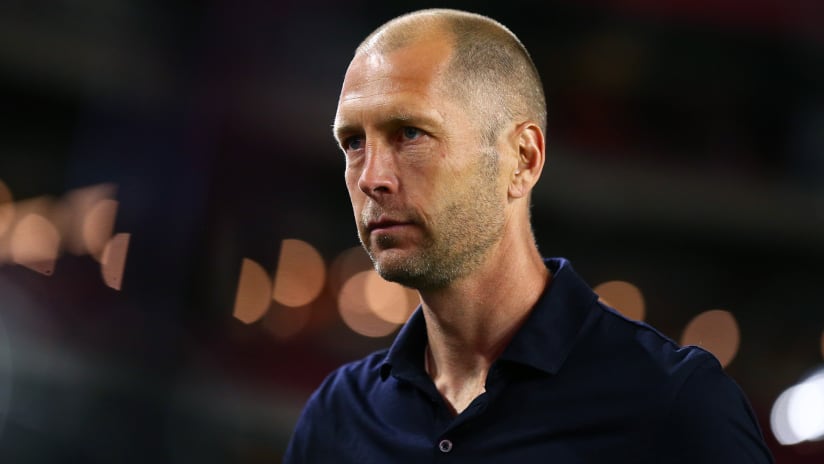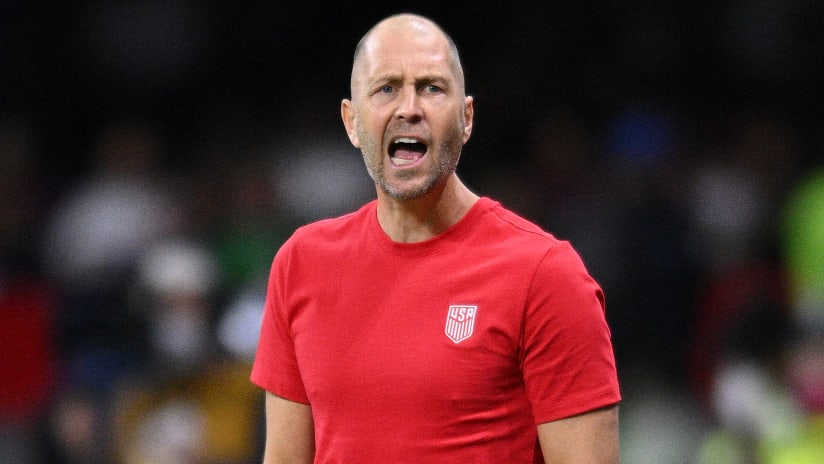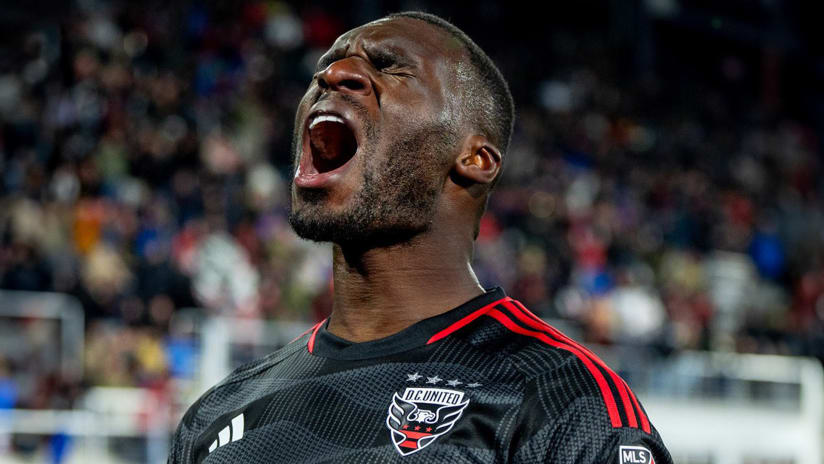In last Saturday's 2-0 win for the Philadelphia Union at New York Red Bulls, eight homegrown players saw the field – starting or coming off the bench.
That’s but one game in a busy MLS season, and speaks to an old cliche that coaches throughout the league seem to be following in greater numbers: If you’re good enough, you’re old enough.
Don’t take our word for it, though, that MLS clubs are trusting youngsters at unforeseen rates. Ask US men’s national team manager Gregg Berhalter, who led the Columbus Crew from 2014-18 and played for the LA Galaxy from 2009-11 – giving him two vantage points on an area of rapid growth.
“What I've seen in MLS since I've left is the youth on the field,” said Berhalter in a sitdown interview with Extratime’s Andrew Wiebe. “When I was at the Crew, it wasn't even close to that in terms of the amount of young players that are able to play or if they were playing, they were sometimes foreigners. We had Milton Valenzuela\] who came in at 19 and was starting, [Artur who's very young. Wil \[Trapp\] was like the one young American guy, right? And there really wasn't young players.
“Now we look across the league on any given day,” continued Berhalter, “you have young Americans on the field and that's going to help the development of our group when you have young players playing professionally.”
It’s no secret a thriving domestic league is a driving force behind the world’s top international programs, and MLS continues to make strides forwards as the pipeline from MLS NEXT (youth teams) to MLS NEXT Pro (second teams) to the top-flight takes further shape. And when Berhalter names his FIFA 2022 World Cup squad in early November, some of its biggest names are expected to be products of MLS academies.
But Berhalter, perhaps from a viewpoint of keeping tabs on his players in some of the world’s top leagues, as much as those developing and competing in MLS, feels there’s room for improvement as well. And it boils down to a simple tactical choice, one that requires technical skill to evade.
“If I had to comment on a couple things that could improve in MLS, I think it would be the pressure on the ball and the compactness of the teams,” Berhalter said. “Games are too wide-open. Players are receiving the ball without pressure too often. Much, too much time on the ball.
“And when you look at European games, it's just not like that. It's about speed and decision-making. That’s something we can improve on.”
Berhalter, knowing first-hand the demands of a 34-game MLS season, said it’s partially understandable. Yet he sees the pressure ramp up during the Audi MLS Cup Playoffs each fall, suggesting that level is attainable.
“There's a number of different reasons why there's that,” Berhalter said. “We're playing sometimes in 110-degree weather, the travel is a lot. And in playoffs, what happens when playoff games start? Everything gets tighter.”
If MLS teams find that standard more consistently, Berhalter believes it’ll only have a knock-on effect when academy-developed players reach the next level, ultimately helping the USMNT – as well as other Canada and other Concacaf senior squads.
“You'd like to see that consistently throughout the year because you'll just be producing better players,” Berhalter said. “When you export players, they'll be able to deal with the demands of the game at a higher level.”
For more from Berhalter, check out his full Extratime interview here.















